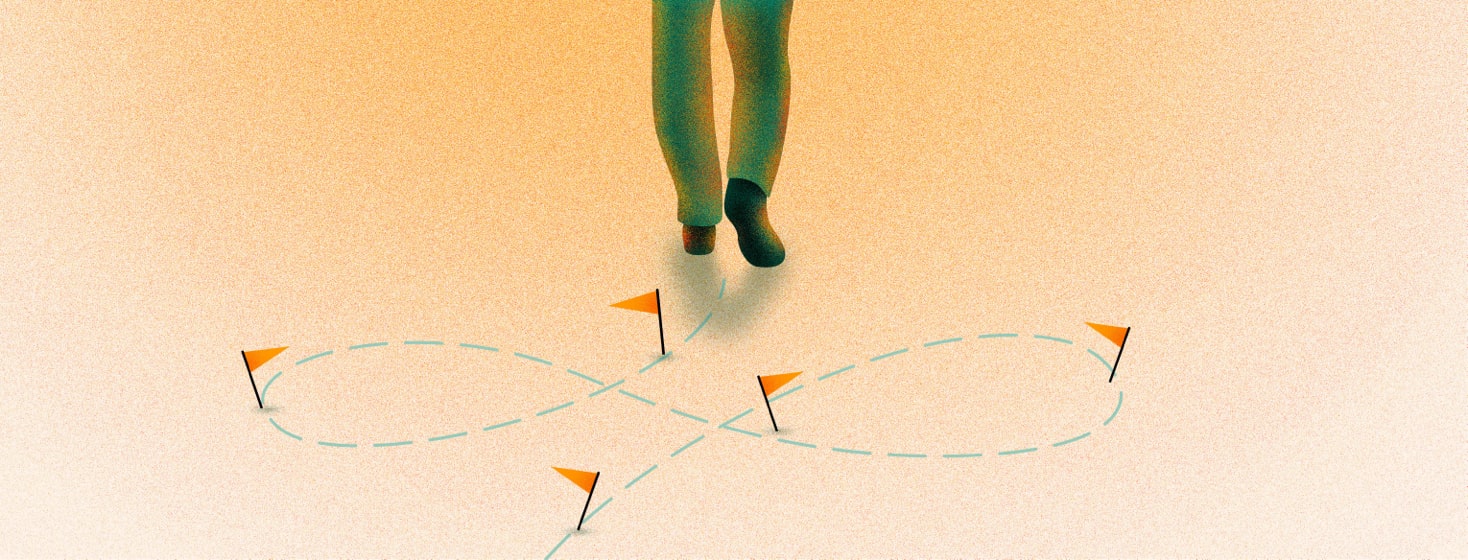Embracing Small Victories: A Caregiver's Mindset Shift
"A win is a win" - have you heard that phrase before? This phrase stands for celebrating a victory, even if it is super small, less than perfect, or just a minor accomplishment you set for yourself. I love this for caregivers because so often, the playing field (and when I say “playing field,” I mean caring for a loved one with a progressive disease) feels rigged and less likely to achieve a win.
It is all too common to want to throw your hands up and give up; however, adopting a caregiver mindset that views small wins as significant victories changes the game. Doesn't it?
The Alzheimer's caregiver mindset shift
The bases are loaded, and the crowd holds its breath as the batter steps up to the plate, ready to deliver a game-changing hit. But the score never comes, and there is an audible sound of disappointment in the air.
Featured Forum
View all responsesTo be clear, the “crowd” is your ego. You, caregiver, are the batter; for this phenomenal analogy, I will be your coach. Okay, that said, instead of throwing your hands up, I would like to present you with an opportunity to practice shifting your perspective.
Understanding your mental approach
What is mindset? Mindset is defined by Merriam-Webster as the "mental attitude, inclination, or fixed state of mind."1
So, shifting your mental attitude from one thing to another might be the change you didn't know this game needed. I am basing that on my 12-year experience as a batter, aka full-time caregiver to my mom with early-onset dementia.
When I started caring for my mom, I was in my late 20s and constantly feeling defeated. That did not stop me, though. I continued to approach caregiving like I did my corporate job, assuming that if I just worked hard enough, I would be rewarded — suffice it to say, caregiving is not that simple. Even when I "got it right" or worked hard enough, the reality was that my loved one’s health was progressively declining. So, my wins had to come differently, and that looked like a change in outlook.
Levels to this cognitive reframing
My caregiver mindset shift began with practicing gratitude, a gentle and positive place to start. Practicing gratitude throughout every frustrating ball-dropping moment was a great way to celebrate small wins.
Consider moments like these:
- Instead of beating myself up with negative self-talk, I practiced gentle affirmations like saying: You ARE doing enough.
- Instead of looking down at myself for not doing more in the day, I acknowledge that I did indeed do laundry, which is nothing to sneeze at!
- Instead of feeling guilty for taking care of myself, even knowing my mom was never going to get better, I practiced being grateful that the more I showed up for myself, the more I was able to better show up for her.
Acknowledging that a shift in mindset is a process helped me manage my day-to-day wins. I was no longer limiting the energy I gave to those negative, not-so-helpful feelings; instead, I was fueling myself with, you guessed it, celebratory wins. This attitudinal adjustment is key for Alzheimer's caregivers.
Stepping up to the plate: Caregiver edition
Managing the daily game and the day-to-day life as an Alzheimer's caregiver is no light work. It requires all-star-level organization, disciplined patience, and a 'be ready for anything' attitude. This makes celebrating small wins much more important and keeps you in the game for the long haul.
As your coach, let me offer a quick pep talk before you head back out there... I want to encourage and affirm you —yes, YOU!
Coach affirmations
- You are knocking it out of the park. You're doing an amazing job.
- Take a deep breath. Seriously, right now. Inhale... Exhale... Ah, feels good, right?
And when it feels like the bases are loaded, the pressure is on, and it's all just too much, don't be afraid to lean on your support, your team, and your community. That is what they are there for. You have got this.
The game wouldn't be the same without you. Thank you for all you do!

Join the conversation